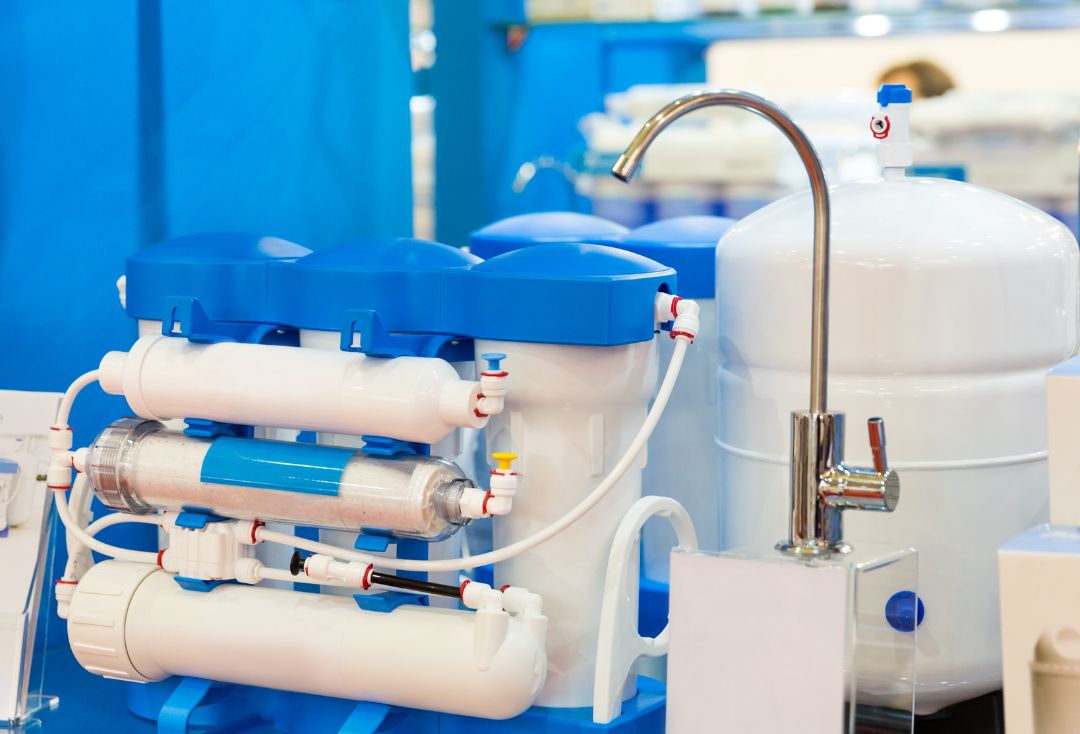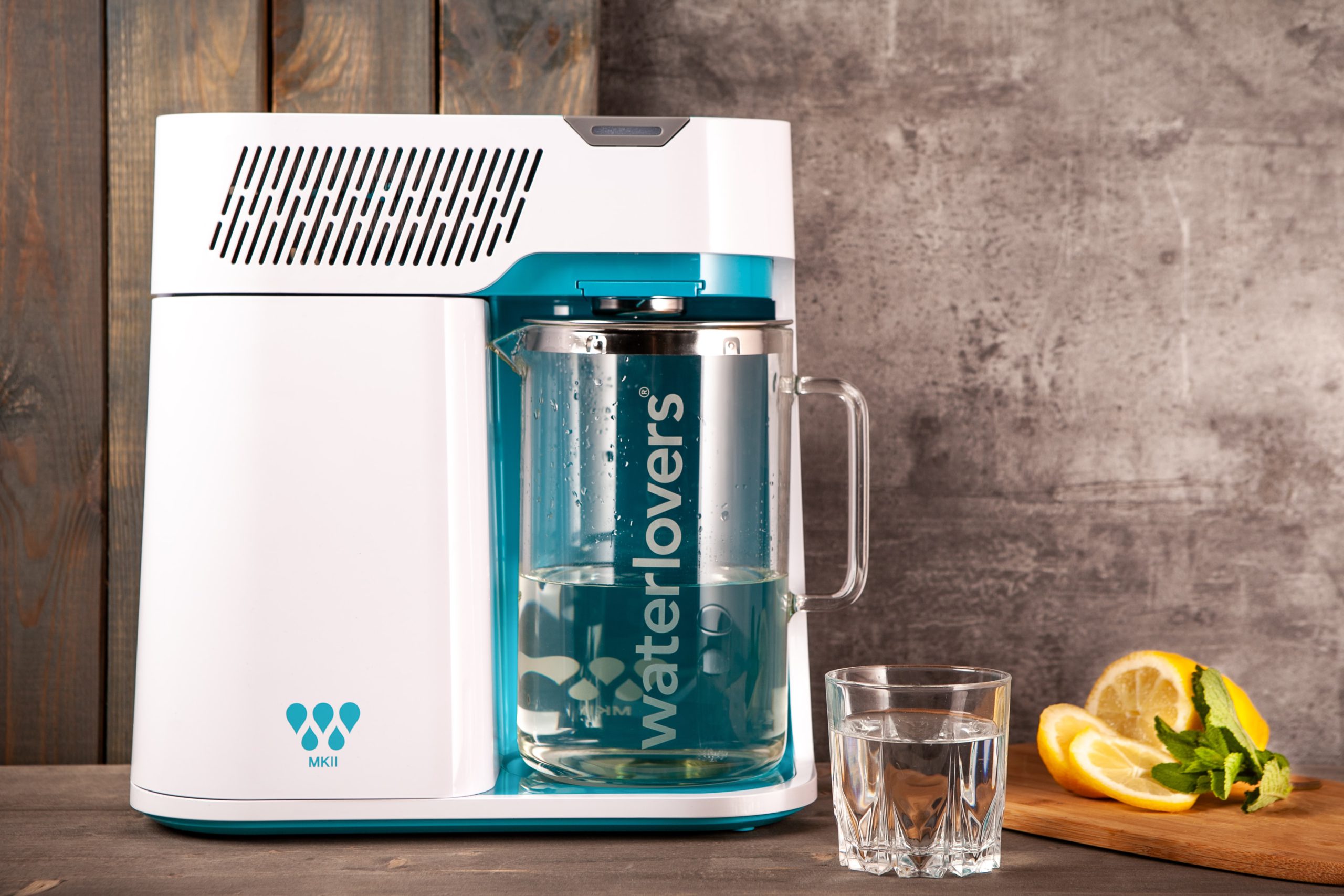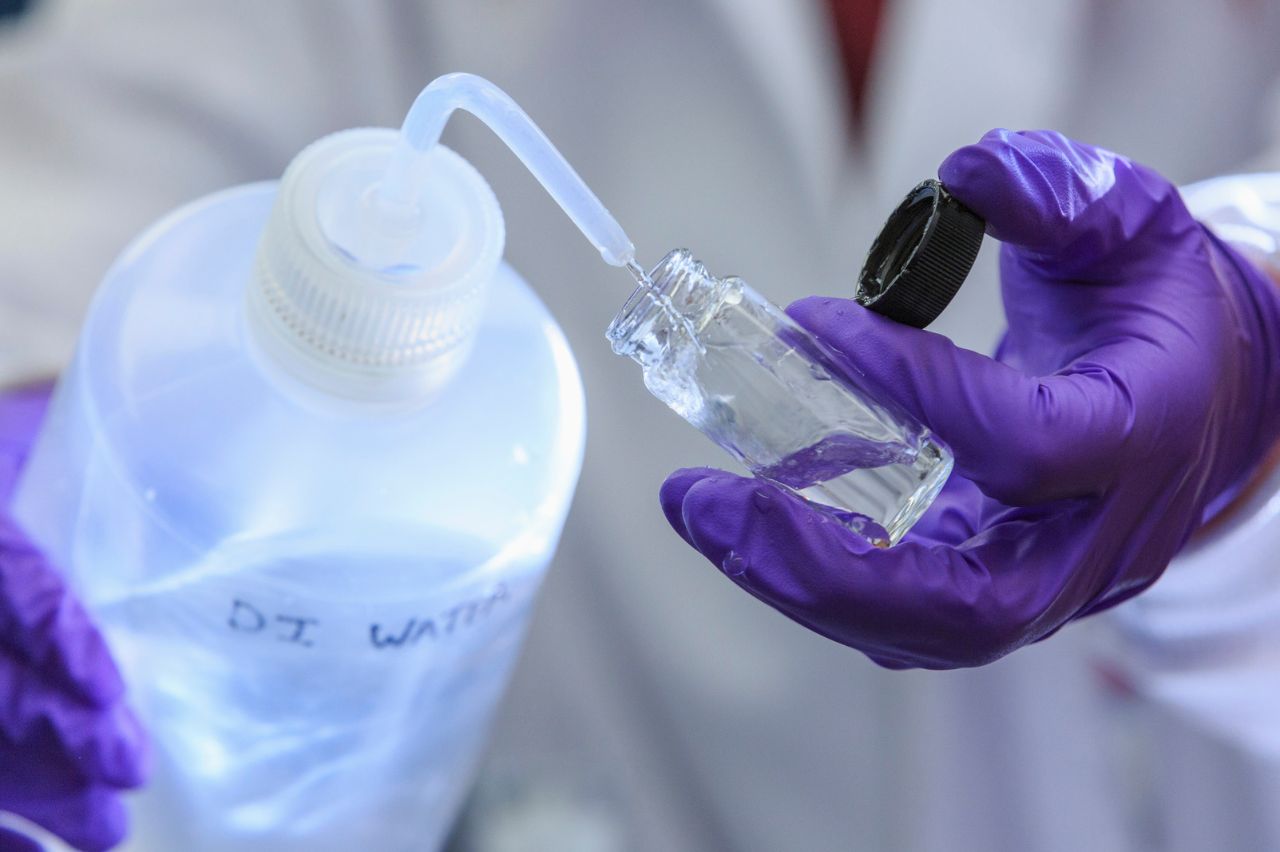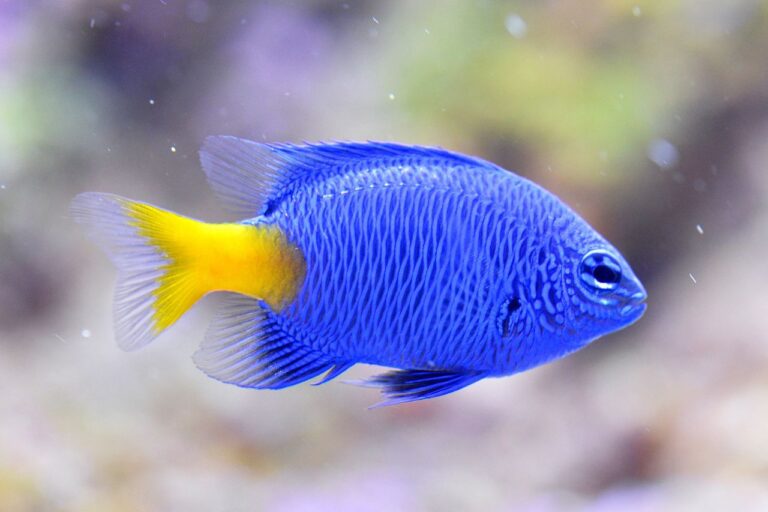What is Distilled Water? Is it Safe to Drink? Does it Expire?
Distilled water, have you ever wondered what it truly is? Well, let me share some insights with you. Distilled water is a type of water that goes through a process called distillation. During distillation, impurities and contaminants are removed by boiling and condensing the water vapor. This results in pure and clear water, free from minerals, chemicals, and other substances.
Now, you might be wondering, is distilled water safe to drink? The answer is yes, it is perfectly safe for consumption. In fact, many people use it for various purposes such as preparing baby formula, medical applications, and even in certain scientific experiments. However, it is important to note that because distilled water lacks minerals, it may not provide the same benefits as mineral-rich water. As with anything, moderation is key.
Moving on, another question that often arises is, does distilled water expire? The answer is no, distilled water does not technically expire. The absence of impurities in the water inhibits the growth of bacteria or other organisms that could cause spoilage. However, it is essential to store distilled water properly in a clean and sealed container to maintain its freshness and prevent contamination.
So, now that you have a better understanding of what distilled water is, its safety for drinking, and its shelf life, you can make an informed decision about its usage in your daily life. Remember, knowledge is power, and being aware of these facts will help you make the best choices for your health and well-being.
What is Distilled Water?

Distilled water is a form of purified water that has undergone a unique process called distillation. The aim of distillation is to separate impurities and contaminants from the water, resulting in a liquid that is extremely pure.
The Process of Distillation
The process of distillation involves heating the water to its boiling point, causing it to evaporate and form water vapor. This vapor is then collected and condensed back into a liquid state, leaving behind any impurities that do not vaporize at the same temperature as water. The condensed liquid is what we know as distilled water.
Removal of Impurities
Distillation is highly effective at removing a wide range of contaminants from water. The impurities that are commonly eliminated through this process include bacteria, viruses, heavy metals, chemicals, and dissolved solids. As a result, distilled water is often considered to be one of the purest forms of drinking water available.
Lack of Essential Minerals
While distilled water is known for its purity, one key drawback is that it lacks essential minerals that are naturally present in water. Minerals like calcium, magnesium, and potassium are vital for our overall health and well-being. Regularly consuming water devoid of these minerals can potentially lead to mineral deficiencies over time.
Controversies Surrounding Safety
The safety of drinking distilled water has been a subject of debate among experts. Some argue that the absence of minerals in distilled water can have negative health implications, especially if it is the sole source of hydration. However, others claim that obtaining essential minerals from various dietary sources compensates for the lack of minerals in distilled water.
Potential Health Benefits
Proponents of distilled water suggest that its consumption offers certain benefits. One potential advantage is that it can assist in detoxification as it lacks the impurities commonly found in tap water. Additionally, some individuals with certain medical conditions, such as kidney stones or specific metabolic disorders, may benefit from the use of distilled water as part of their treatment plan. Nonetheless, it is crucial to seek professional medical advice for individual circumstances.
Risks and Considerations
While distilled water may have its advantages, there are also risks and considerations to keep in mind. As previously mentioned, the lack of essential minerals in distilled water can be problematic if it is consumed as the primary source of hydration. Additionally, prolonged consumption of distilled water may lead to electrolyte imbalances and affect the body’s mineral levels. It is important to maintain a balanced diet and consider other sources of essential minerals alongside distilled water.
Does Distilled Water Expire?

Unlike many food and beverage items, distilled water does not have an expiration date in the conventional sense. Pure water does not spoil or decompose over time. As long as the water is stored properly in a clean, airtight container, it can remain safe to drink indefinitely.
However, it is essential to note that even though distilled water does not expire, it can become contaminated if exposed to unclean conditions or if the container is faulty. Therefore, it is crucial to practice good hygiene when handling and storing distilled water to ensure its long-term safety.
Closing Thoughts
In closing, distilled water is a purified form of water that undergoes the process of distillation to remove impurities. While it lacks essential minerals, it is considered safe to drink when consumed as part of a balanced diet that includes other sources of minerals. The potential health benefits of distilled water, such as aiding in detoxification, should be evaluated on a case-by-case basis and under professional guidance. As for its expiration, distilled water does not expire but can become contaminated if not stored correctly.







